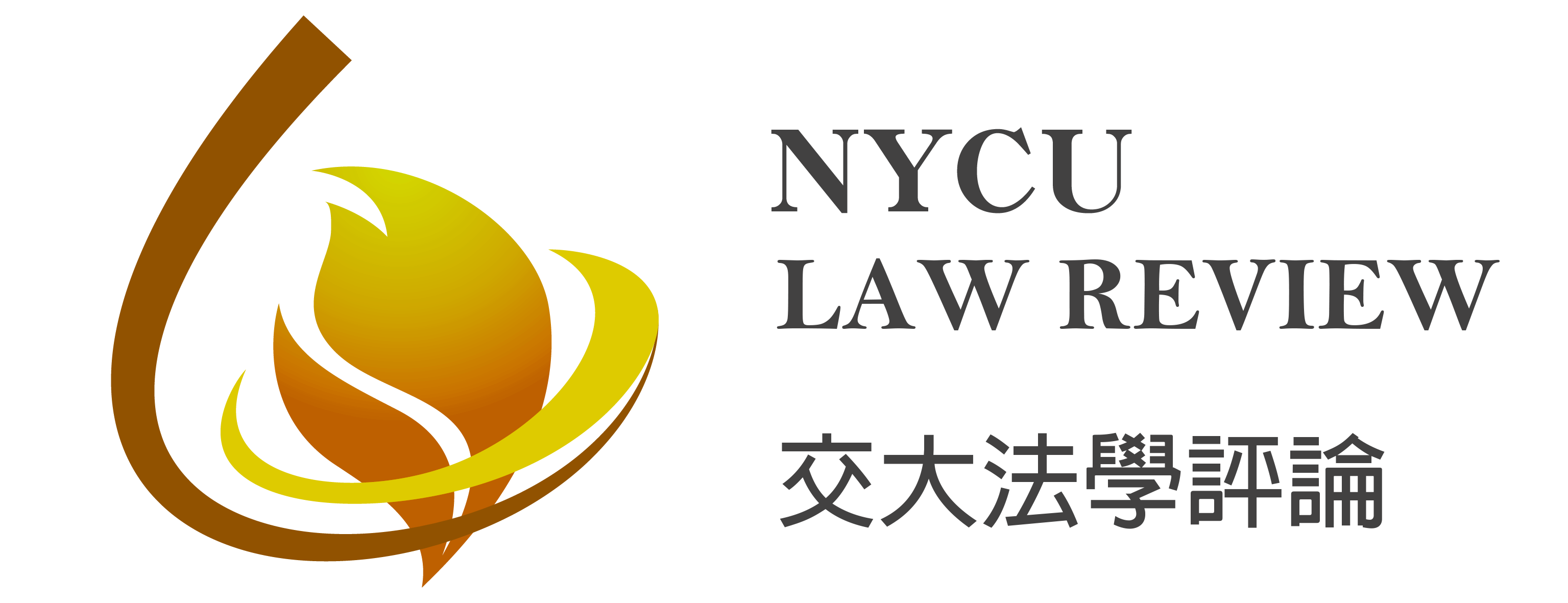| Title | |
| A Review on the Development of Empirical Legal Study | |
| Author | |
| Shang-Jyh Liu, San-Yuan Lin, Huang-Chih Sung | |
| Keywords | |
| empirical legal scholarship, empirical study, legal positivism, legal research method, statue interpretation | |
| Abstract | |
| Legal scholars are much more used to statue interpretation than empirical analysis of law in Taiwan. Although legal knowledge may be accumulated by counterarguments that are based on different doctrines, there is a lack of common platform for scholars to discuss the legal issues with objective data and evidences. Moreover, the legal theories and codes of Taiwan were primarily inherited from Germany and Japan in the last century, and the infrastructure and culture of our legal system which characterize the domestic judiciary are undergoing the changes gradually without distinguishing the features of this jurisdiction. As the law is never independent from the social constructs, the main purpose of the legal rules is to set up a social model of justice that guides the people to the rule of law. The consequences of legal regulations can be practically evaluated by collecting and analyzing the data or evidences from our observation and surveys. In other words, whether the legal regulations meet the needs of a society and serve the purposes of rule-making should be verified by empirical examination. The empirical legal study is one of the most eminent legal scholarships, which is not only employed as a research methodology but also a practical approach of discovering the realities of our society under the law. This article points out the difficulties and the connotations of empirical legal study and highlights this research approach. It contends that reformation of current legal education, redefinition of our local needs of empirical study, establishment of research centers, etc., will assist us to overcome the perplexity of empirical study. As a result, the legal experience gained from Taiwan can stand out for the review and knowledge sharing of international legal community. |
|
| Abstract | Article |
|
298 Downloads |
464 Downloads |
